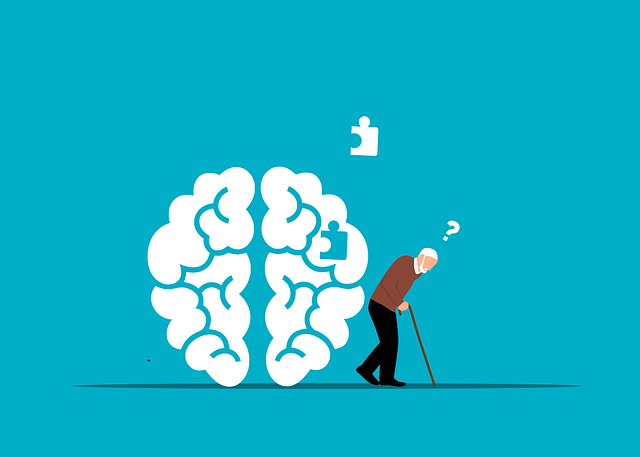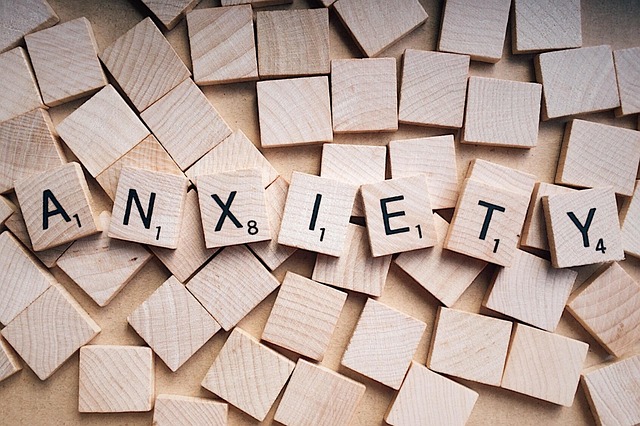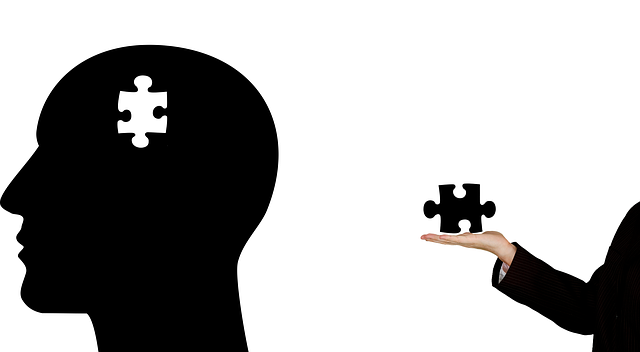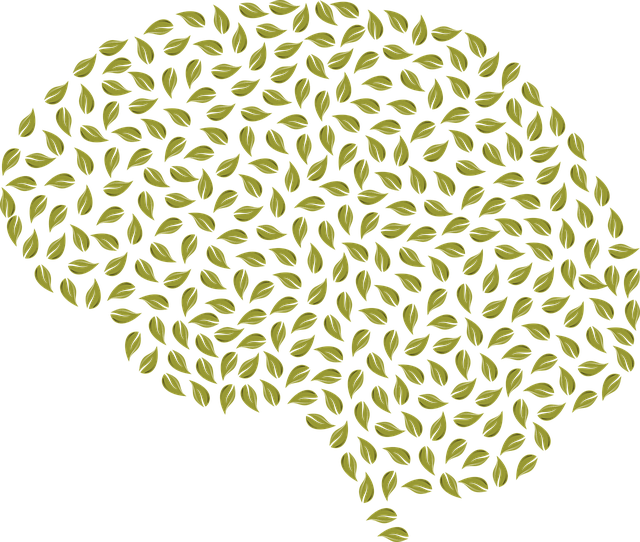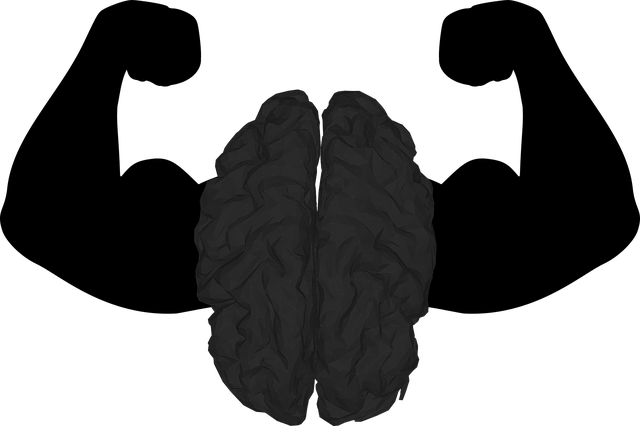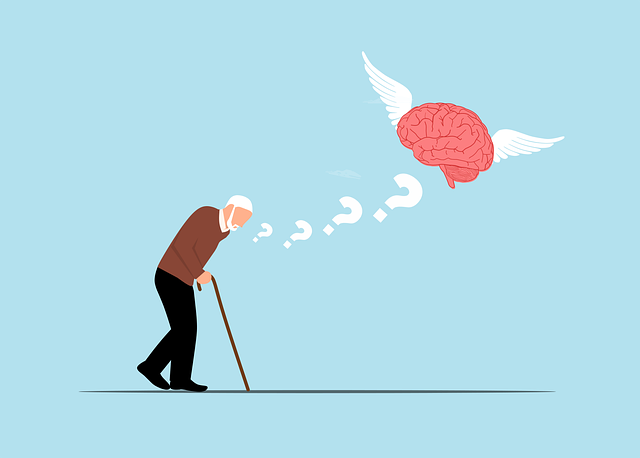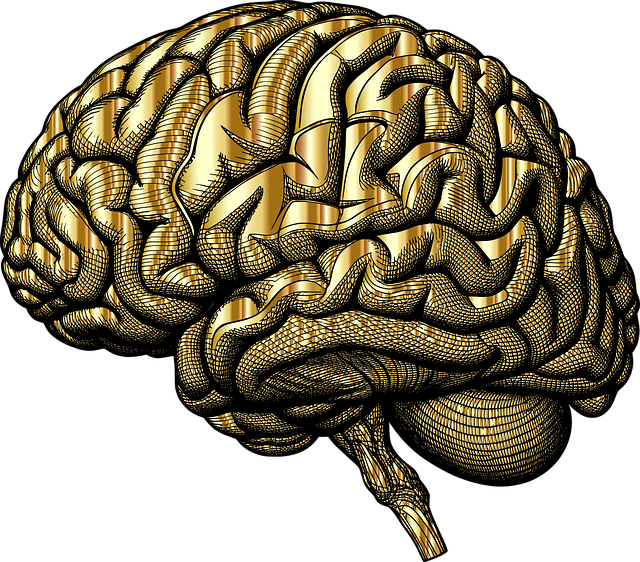Mental wellness is a cornerstone of daily life quality, encompassing emotional, psychological, and social health. Treating phobias like Lone Tree phobias significantly improves well-being. Evidence-based practices such as CBT and mindfulness meditation are key in therapy, helping individuals overcome fears through structured exposure and building resilience. Healthcare provider training and educational programs foster mental wellness, prevent burnout, and offer tailored coping mechanisms for long-term management. Social support and self-care are essential, providing emotional stability, stress reduction, and positive mindset cultivation during therapy journeys.
Mental wellness is a cornerstone of overall health, profoundly impacting our daily lives. In this comprehensive guide, we explore various aspects of promoting and maintaining mental wellness, focusing on strategies for long-term mental health management. From understanding the impact of mental wellness on everyday life to addressing specific fears like lone tree phobias through effective therapy techniques, we delve into actionable steps. Additionally, we highlight the importance of social support, self-care, and building resilience as essential components of a healthy, fulfilling life, including practical insights into Lone Tree Phobias Therapy.
- Understanding Mental Wellness and Its Impact on Daily Life
- Identifying and Overcoming Lone Tree Phobias: A Comprehensive Guide
- Effective Therapy Techniques for Addressing Specific Fears
- Building Resilience: Strategies for Long-Term Mental Health Management
- The Role of Social Support and Self-Care in Promoting Wellbeing
Understanding Mental Wellness and Its Impact on Daily Life

Understanding mental wellness is a crucial step in promoting it in our daily lives. Mental wellness refers to our emotional, psychological, and social well-being. It impacts how we think, feel, and act, influencing our ability to cope with stress, relate to others, and make choices. Achieving optimal mental wellness allows us to thrive, fostering resilience and a sense of purpose.
In the context of Lone Tree phobias therapy, for instance, addressing mental health concerns can significantly enhance one’s quality of life. Healthcare Provider Cultural Competency Training, mindfulness meditation, and other evidence-based practices play a pivotal role in supporting individuals through their journeys towards better mental wellness. By integrating these strategies into daily routines, folks can navigate challenges more effectively, cultivating a deeper appreciation for life’s complexities.
Identifying and Overcoming Lone Tree Phobias: A Comprehensive Guide

Lone tree phobias, an intense fear of solitary trees, can significantly impact an individual’s daily life and overall mental wellness. This specific phobia often arises from a combination of environmental influences and personal experiences, making it a unique challenge to address. The first step towards overcoming this fear is identification—recognizing triggers and the associated anxiety or panic responses. Through detailed self-awareness exercises, individuals can begin to understand their phobia’s root causes, be it an unsettling childhood encounter or constant exposure to media depicting tree-related dangers.
Lone Tree Phobias Therapy typically involves a multi-faceted approach. Cognitive Behavioral Therapy (CBT) has proven effective in restructuring negative thought patterns and behaviors related to trees. This may include gradual exposure therapy, where individuals safely confront their fear in controlled settings, coupled with learning conflict resolution techniques to manage anxiety symptoms. Additionally, Mental Health Education Programs Design can empower individuals with knowledge about phobias, fostering a sense of control and encouraging self-management strategies. By combining these therapeutic methods and educational tools, individuals can develop resilience, gain confidence, and ultimately free themselves from the constraints of their Lone Tree Phobias.
Effective Therapy Techniques for Addressing Specific Fears

Addressing specific fears through therapy is a powerful tool for mental wellness promotion. Techniques such as cognitive behavioral therapy (CBT) have proven effective in treating various phobias, including Lone Tree Phobias, by helping individuals identify and challenge negative thought patterns associated with their fears. Through structured exposure exercises, clients gradually confront their anxieties in safe, controlled environments, fostering emotional healing processes and building resilience.
The approach often involves a combination of relaxation techniques, mindfulness training, and cognitive restructuring to enhance self-esteem and overall well-being. By targeting underlying beliefs and behaviors related to the phobia, Lone Tree Phobias Therapy supports individuals in developing healthier coping mechanisms, preventing burnout in both personal and professional settings, especially relevant for healthcare providers who encounter high stress levels daily.
Building Resilience: Strategies for Long-Term Mental Health Management

Building resilience is a key strategy for long-term mental health management, equipping individuals with the tools to navigate life’s challenges and maintain their well-being. It involves fostering a mindset that enables people to adapt and bounce back from adverse situations, such as Lone Tree phobias or trauma. Through various techniques like Mindfulness Meditation, individuals can enhance their emotional regulation, stress management, and overall resilience. This process empowers them to face fears, overcome obstacles, and maintain mental wellness over time.
Healthcare providers play a pivotal role in promoting resilience by offering not just clinical treatments but also educational resources and support services. Cultural Competency Training for healthcare providers ensures that they can address diverse client needs effectively, especially when working with marginalized communities. By integrating trauma-support services and providing access to evidence-based practices, individuals can develop coping mechanisms tailored to their unique experiences, fostering long-lasting mental health management.
The Role of Social Support and Self-Care in Promoting Wellbeing

Social support and self-care are fundamental pillars in promoting mental wellness. Strong social connections provide a sense of belonging and offer a safety net during challenging times, which is especially crucial for individuals navigating conditions like lone tree phobias therapy. Support from family, friends, or supportive communities can help reduce feelings of isolation and enhance emotional well-being promotion techniques.
Self-care practices, such as mindfulness, exercise, and setting personal boundaries, are essential tools in managing mental health. They foster resilience against depression prevention and promote a positive mindset. By integrating self-care into daily routines, individuals can better manage stress, improve their overall emotional well-being, and contribute to mental illness stigma reduction efforts by prioritizing their mental health proactively.
Mental wellness is a multifaceted aspect of our lives, influenced by various factors including our fears, social connections, and self-care practices. By understanding these elements and employing strategies like therapy for lone tree phobias, building resilience, and prioritizing social support, individuals can significantly enhance their mental health and overall well-being. Incorporating effective therapy techniques tailored to specific fears, along with proactive self-care, empowers people to navigate life’s challenges with greater ease and resilience. Let’s remember that promoting mental wellness is a journey, one step at a time, towards a happier, healthier existence.


